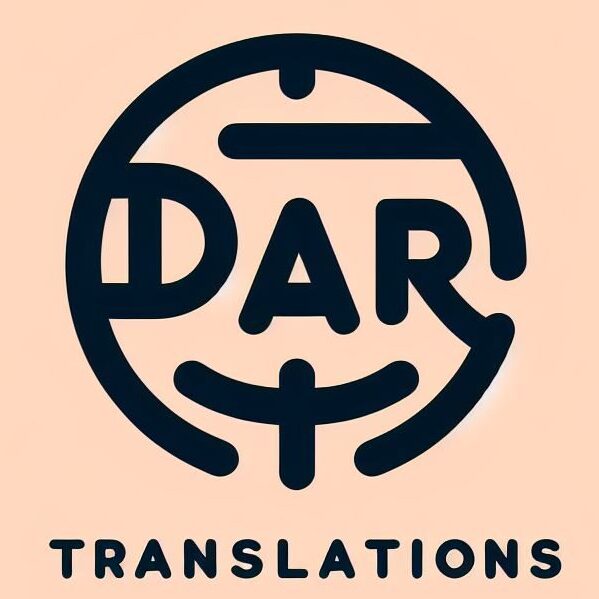The world is connected. One has to resign oneself: we are all inhabitants of the same big crowded village. This, of course, offers enormous advantages for everyone, translators included. GLOBALISATION we say, and nod our heads knowingly.
Let’s take a silly, but emblematic example. Old translators still remember this. You used to have to go outside with a folder containing a piece of paper that you had to hand over to a potential client with whom, despite the crippling introversion that characterizes you as a translator (yes, yes, we both know why you chose this profession!), you just got off the phone and he asked you for a copy of your resume.
Today this is no longer necessary. Thank God for them Internets – solution to old problems… but also origin of new ones.
On the Internet, one can be anything one wants to be, including a translator. Unfortunately, it seems to be common knowledge that knowing a language is the same thing as potentially being a translator. Wrong.
In reality, translating is a complex, articulated process that goes far beyond simply understanding an idiom. …and don’t get me started on factors such as appropriate terminology, grammar rules, mastery of written language, CAT Tools… etc. etc. etc.
Quality is an issue. A specialist with two degrees, many years of experience and an innate talent for the written word has to compete in the same market as someone who watches subtitled TV series and is therefore convinced that he knows English. Absurd?
Of course not. Because it’s a price-driven market. Because the distinction between GOOD and GOOD ENOUGH no longer makes sense when the GOOD costs twice or thrice as much as the GOOD ENOUGH. The GOOD ENOUGH will win most of the time.
And what is the qualified translator to do? It is a title that he has spent years in education and experience to obtain. All he wants is to be able to earn in accordance with his investment.
He has to try all means necessary in order to convince the potential client that his work is worth twice (or thrice) as much as the work done by an amateur who watches TV series with subtitles. How?
That is the question. The biggest concern for a translator in the Internet age is finding out how to sell himself, how to convince everyone that he is the right choice and that his cost is justified. It is to this that most of the books, blogs, manuals, and courses dealing with the job are dedicated. Being a translator means also being a seller.
And what about the quality of the work done? It becomes a secondary factor. The modern customer is like a non-specialist visitor at an exhibition dedicated to abstract painting. What tells him that a painting is high-quality? Mostly, the name underneath. It is the name that counts.

